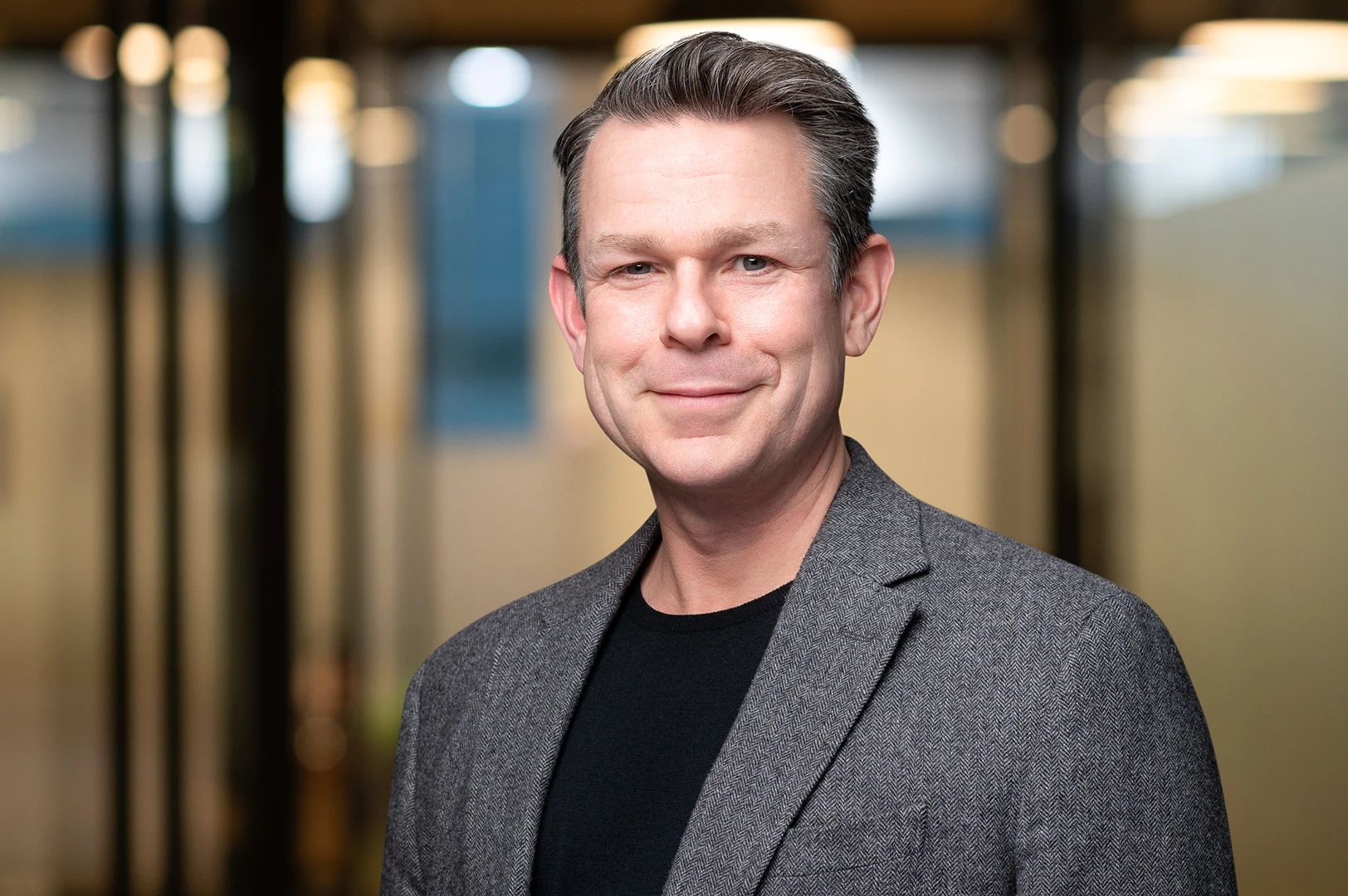
Billie, who now works as the CFO of Milk & More, has held significant positions in companies such as M&S, Debenhams, and the Esporter Group, which was later sold to Virgin Active.
Phil Dye: Can you talk about your career progression, Billie?
Billie O’Connor: I began my career in finance after earning my degree from Kingston University. At that time, I was working in IT support, assisting with tasks like password resets and handling active directory issues. However, during my degree, I discovered a talent for finance. Although I initially wasn’t sure I enjoyed it, I began to develop a love for it, leading me to decide that finance, rather than IT, was the field I wanted to pursue.
Phil Dye: Would you say you stumbled into finance then?
Billie O’Connor: Yes, I would. People often discover what they love by trying many different things, and that was the case for me. The versatility of a business degree allowed me to try different modules and gradually piece together my career path. I think university opens up the opportunity to explore many different subjects, which isn’t often the case at school.
Phil Dye: You’ve progressed swiftly in every organization you’ve been a part of. How have you managed your career progression, and when do you typically decide it’s the right time to explore external opportunities?
Billie O’Connor: Deciding to switch companies is often a tough decision. However, there should always be the opportunity to create new roles or add responsibilities within any business. Finance for me is the last stage; it’s understanding how the business operates, all the different departments that lead to numbers.
I’ve approached my career progression by learning more than just my job description. For instance, at Debenhams, I started as a finance analyst for several head office cost centres, but I didn’t understand logistics. So, I shadowed logistics, and within two months, I had a good enough understanding that I got the logistics cost centre, which was the company’s biggest cost base outside of stores. Learning about non-finance areas to add value to finance has been my strategy in all the companies I’ve been with.
When it comes to moving on, I believe that if you think you can do more, you should always have an internal discussion first, unless the environment is toxic. If you’re in an organization that appreciates you, they’ll help you create opportunities. When you hit a wall, that’s probably the time to move.
Phil Dye: So, it’s about open communication with your superiors and peers?
Billie O’Connor: Absolutely, it’s about open communication, not just with superiors but also with peers. I believe that often, it’s the people in the earlier stages of their careers who can offer valuable insights.
Watch the video to discover more insights




